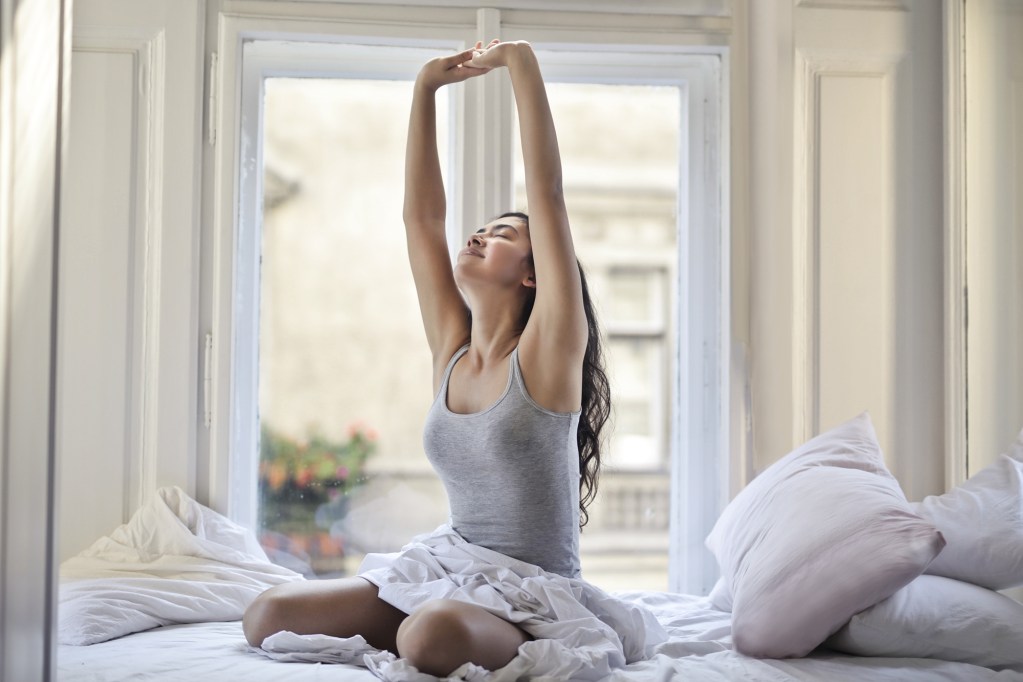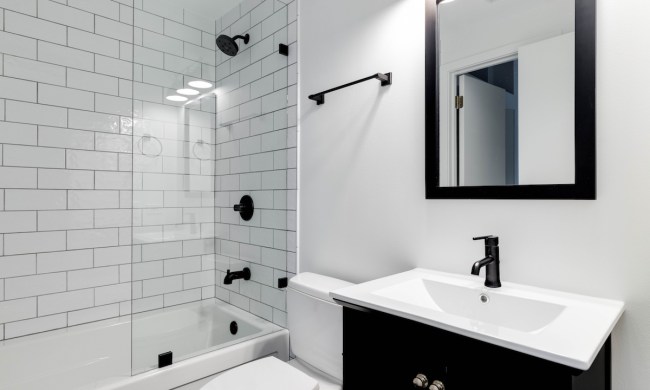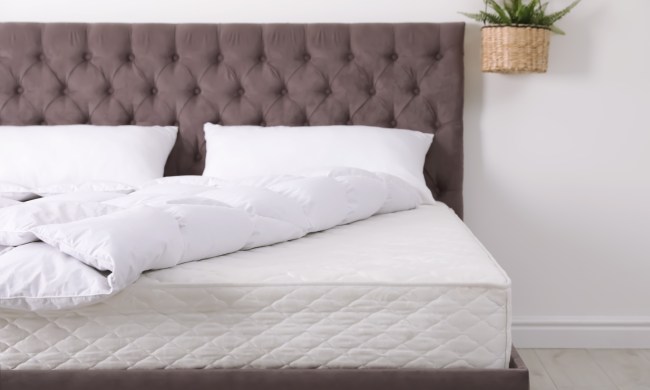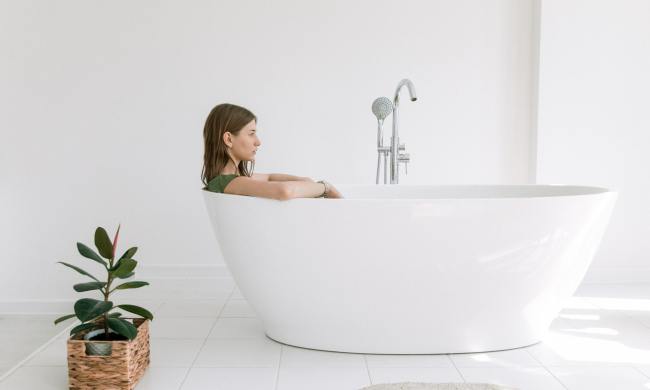So you think you’re one of those people who functions perfectly well on five or so hours of sleep per night? There’s a good chance you’re underestimating how much sleep you need to perform at optimal levels.
Your long-term health depends a lot on healthy sleep habits, but what should those look like? Lucky for us, plenty of studies have shed light on our sleep habits and can provide guidelines for making the best of this natural human act.

Why is sleep so important?
We think of sleep as shutting down, but in reality, nothing could be further from the truth. Sleep is a time when the body is able to repair itself. We don’t quite understand the link between the immune system. Still, we do know that there are significant links between things like adequate sleep and calorie regulation, lowered signs of depression, and reduced inflammation, says the National Library of Medicine.
Sleep deprivation effects can be dramatic even with just a few missed hours every night. Lack of sleep often translates to greater mental fatigue as well as physical issues. Studies show that sleep deprivation interferes with your decision making, impulse control, and emotional health.
Sleep deprivation is also linked to physical effects. There’s a strong link between sleep deprivation and increased risk of heart disease, stroke, diabetes, and high blood pressure, among others.
In a study of teenagers, just one hour of lost sleep translated to higher rates of obesity, and the risk only went up with each subsequent hour. Sleep issues could interfere with healthy growth and hormones, as well.
Just one or two missed hours regularly can translate into enormous effects in your reaction time and could even cause you to “microsleep,” says US News. Lack of sleep while driving is on par with alcohol and can affect your performance in all areas of your life.

How much sleep do I need?
Now that we’ve got your attention, how much sleep do you need? Study after study has shown substantial evidence that the vast majority of adults require seven to nine hours of sleep per night with minimal variations, say Sleep Health Journal.
While genetic anomalies do exist, you most likely aren’t one of them, no matter how much you think you can get away with less sleep.
Our sleep tends to change throughout our lives, starting from the moment we’re born:
- Newborns: 14 to 17 hours
- Infants: 12 to 15 hours
- Toddlers: 11 to 14 hours
- Preschoolers: 10 to 13 hours
- Elementary schoolers: nine to 11 hours
- Teenagers: eight to 10 hours
- Young adults to adults: seven to nine hours
- Older adults: seven to eight hours
Deviation from the typical sleep patterns is more often related to an underlying health issue rather than a genetic anomaly. Trouble sleeping, whether too little or too much, is associated with problems like Thyroid malfunctions, heart trouble, depression, and a host of others.
If you find yourself unable to sleep or sleeping way too much, it’s best to see your medical professional for answers to your fatigue. Once you’ve been checked out, you may see an improvement in sleep by addressing the underlying issue.
Does it matter when you sleep?
We tend to hold on to a few long-standing myths about sleep. First, you can’t actually ‘catch up’ on sleep. Instead of losing sleep during the week and then trying to catch up on the weekends, build a consistent sleep routine.
Without a routine and catching consistent sleep every day, you’ll never establish a healthy pattern. Your body doesn’t recognize an extra hour or two of sleep on Saturday if you go right back to your poor habits on Monday.
You may have also heard that sleep before midnight counts double, but this isn’t true, either. While sleeping at the normal hours of the night are most suitable for quality sleep, you can’t sleep before midnight and then get up without completing the normal seven to nine hours of sleep. It doesn’t work that way.
How do I improve sleep?
There are many ways to establish healthy sleep patterns, but the biggest one is consistency. Getting consistent hours, observing the same bed and wake-up times, and observing other healthy habits consistently will help the most.
These things also affect your sleep quality:
- Exercise – Getting plenty of exercise can help encourage deeper, more quality sleep, especially if your job is mostly sedentary.
- Darkness – Even a small amount of external light can affect your ability to sleep. Try to remove unnecessary lights and get blackout curtains to help curb external light pollution.
- Caffeine – Make sure you cut out caffeine at least six hours before you plan to go to bed. Caffeine is more than just coffee, so watch your sodas, chocolate, and other sources, as well.
- Electronic devices – One of the most significant sources of sleep interference is our love affair with devices. Turn off your phone, computer, television, and other electronic devices at least two hours before you plan to turn in to reduce their effects on your sleep.
- Avoid large meals and alcohol – Schedule meals earlier in the evening and make sure not to consume alcohol at least three hours before bed. Processing food interferes with your natural sleep rhythms, and alcohol tends to cause restless sleep.
- Naps – A 20-minute nap during the day can increase alertness and provide a mental boost, but anything more could interfere with your ability to fall asleep. Stick to 20 minutes.
What about shift workers?
If you work at night, there are things you can do to get the right amount of sleep:
- Limit light in your bedroom with curtains or a sleep mask.
- Avoid shift changes so that your body can get on a consistent schedule.
- Limit caffeine to the first hour or two of your shift.
- Keep work lights bright to encourage a change in your body’s natural rhythm.
- Talk to your doctor about other options if you have difficulty adjusting.
The importance of proper sleep
It’s vitally important to your health that you get the recommended amounts of sleep. Make sure you’re paying attention to the overall status of your health as well as how active you are during the day. Any outside factors such as depression or diabetes should be addressed so that your body has the best chance of quality sleep. Build a consistent sleep habit, and your body and mind will thrive.
You may also want to learn more about how to choose the right mattress to give you the quality sleep you need.



